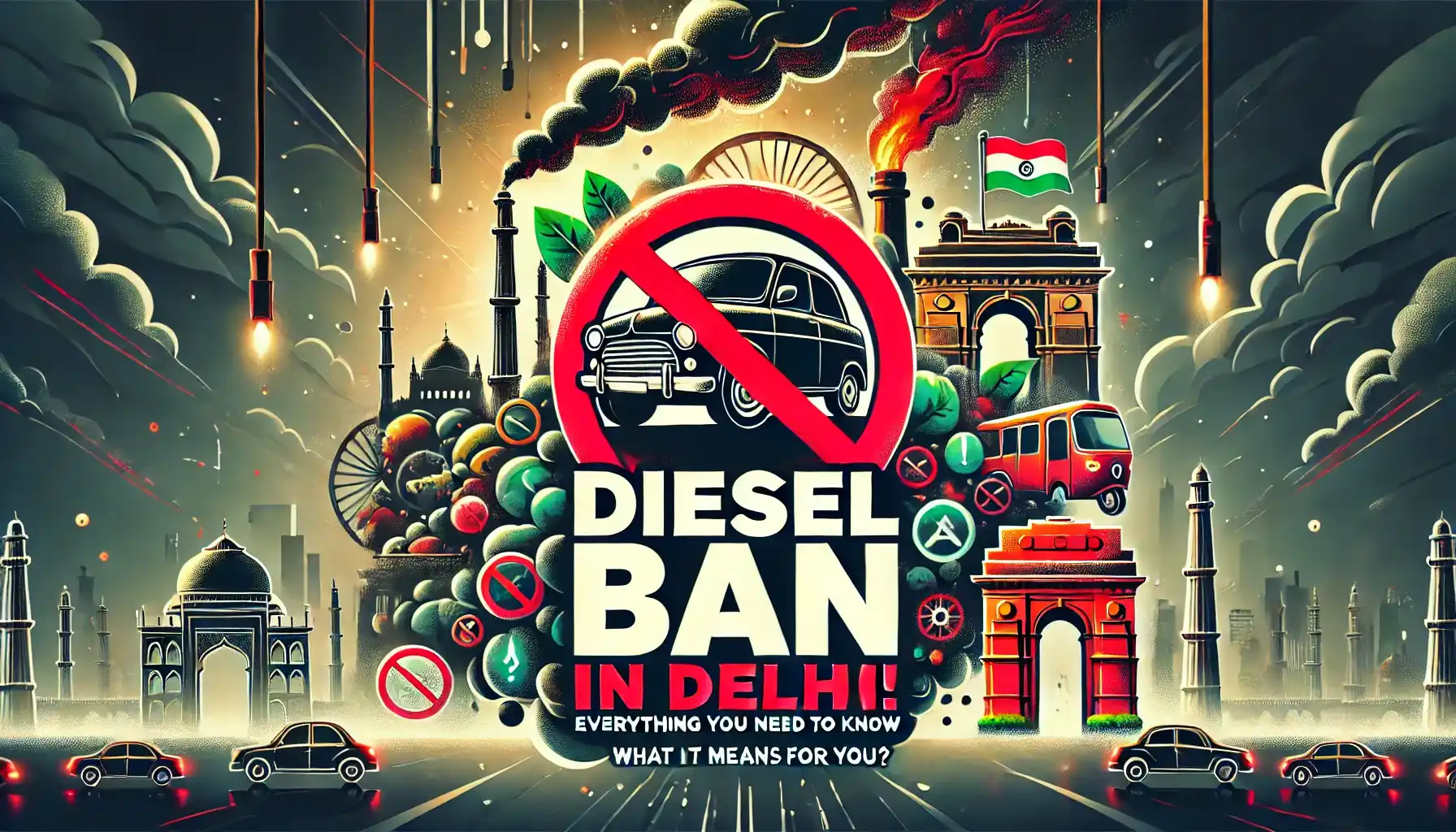
It is assumed that the impact of ban would be in positive way on environment. Below is disccussed briefly on it's impact.
The ban on older and polluting vehicles is expected to bring significant environmental benefits. A major outcome could be the reduction in PM2.5 and PM10 levels, two critical pollutants that harm air quality and public health. This step is likely to slow the growth of vehicular emissions in Delhi, contributing to cleaner air and a healthier urban environment.
Such measures could lead to fewer pollution-related illnesses, offering long-term benefits to the city's population while aligning with broader sustainability goals.
The ban, however, has posed challenges for various stakeholders. Transporters and daily commuters face disruptions, particularly those relying on older vehicles for their livelihood. Taxi and tourist vehicle operators have voiced concerns, with some staging protests over loss of income and a potential decline in tourism activities.
While the move aims to benefit the environment, its economic ripple effects highlight the need for supportive measures to mitigate the impact on affected communities.
Reactions to the ban have been mixed. Transport associations have criticized the sudden enforcement, citing insufficient preparedness and lack of viable alternatives. On the other hand, environmentalists have largely welcomed the move, viewing it as a critical step toward combating Delhi's air pollution crisis.
Residents have expressed divided opinions—while many support the effort to improve air quality, others have raised concerns about the absence of effective public transport solutions to accommodate those affected by the restrictions.
Yes it is hard for vehicle owneres but they have to understand this situation. For vehicle owners impacted by the ban, there are several ways to adapt while contributing to a cleaner environment -
Proactively taking these steps not only ensures compliance with regulations but also contributes to the fight against pollution.
The ban on older diesel and petrol vehicles is part of a broader trend in India aimed at reducing pollution and encouraging sustainable transportation. With the country's push for electric vehicle adoption and stricter emission norms, similar restrictions are likely to be implemented in other cities as well.
Programs such as the Faster Adoption and Manufacturing of Electric Vehicles (FAME) initiative are driving this transformation. The long-term vision is to phase out polluting vehicles and create a cleaner, greener urban environment nationwide.
For Delhi, this shift represents a critical step towards a sustainable future, setting an example for other metropolitan areas in India.
Delhi's ban on older and polluting vehicles underscores the urgent need for collective action against the city's air pollution crisis. While the regulations pose challenges for some, they are essential for ensuring a healthier and more sustainable future.
As responsible citizens, we must adopt cleaner transportation methods and support initiatives that prioritize environmental stewardship. Together, we can pave the way for a cleaner, greener Delhi and inspire similar efforts across India.

WONDERACE IT
Wonderace IT is dedicated to delivering informative and authentic articles across a range of topics, including science, education, finance, and technology. Our mission is to provide true information to our audience, empowering them with knowledge and insights. Whether you're a curious learner, a tech enthusiast, or someone interested in staying updated with the latest developments, Wonderace IT offers valuable content that helps you stay informed and educated. Join us on this journey of discovery and learning.
add your comment